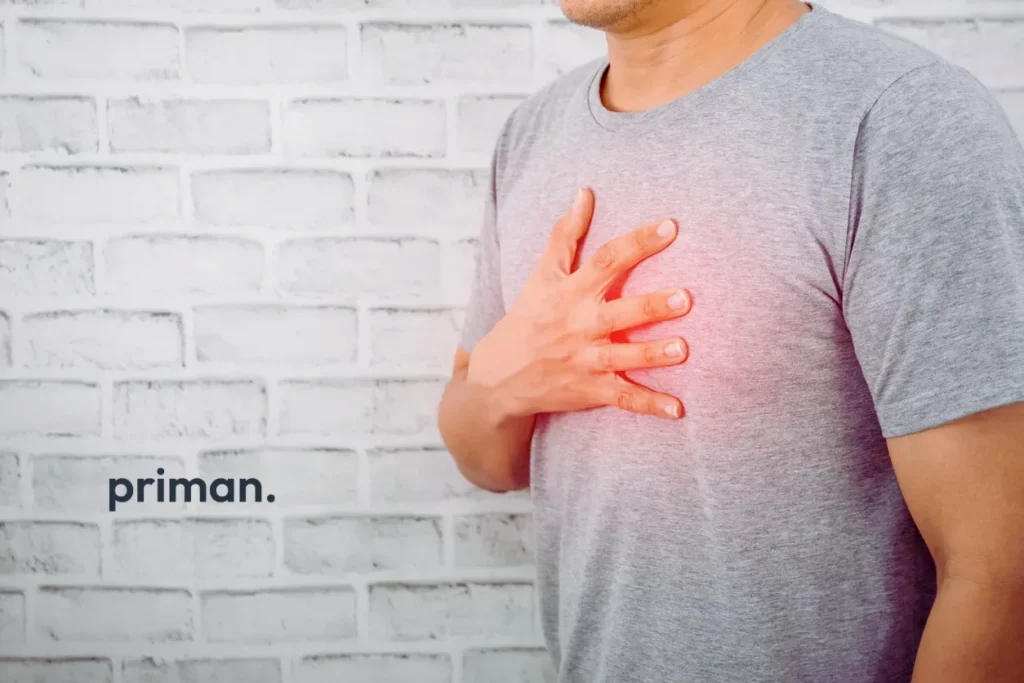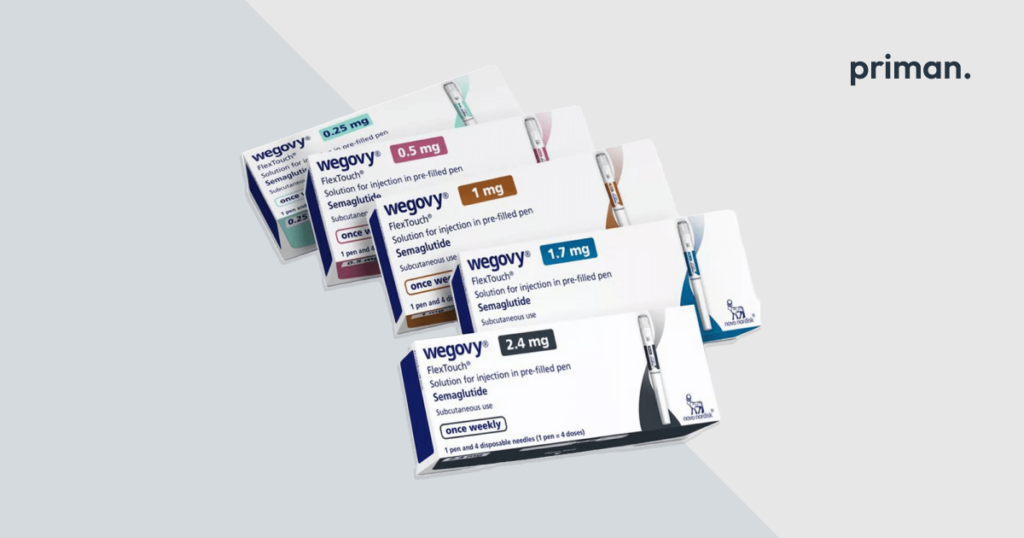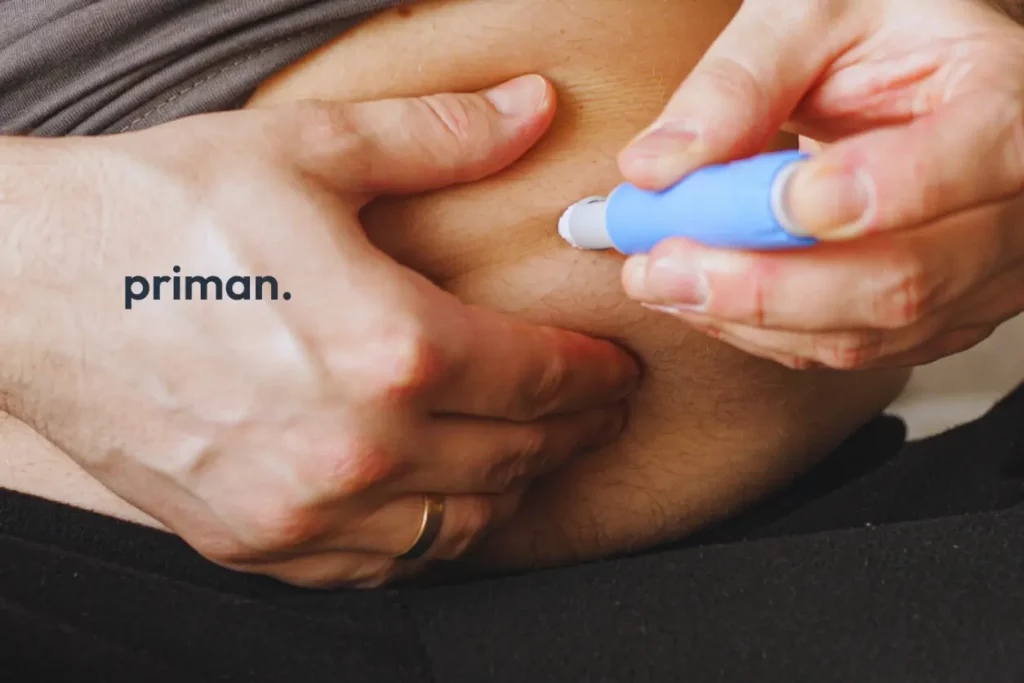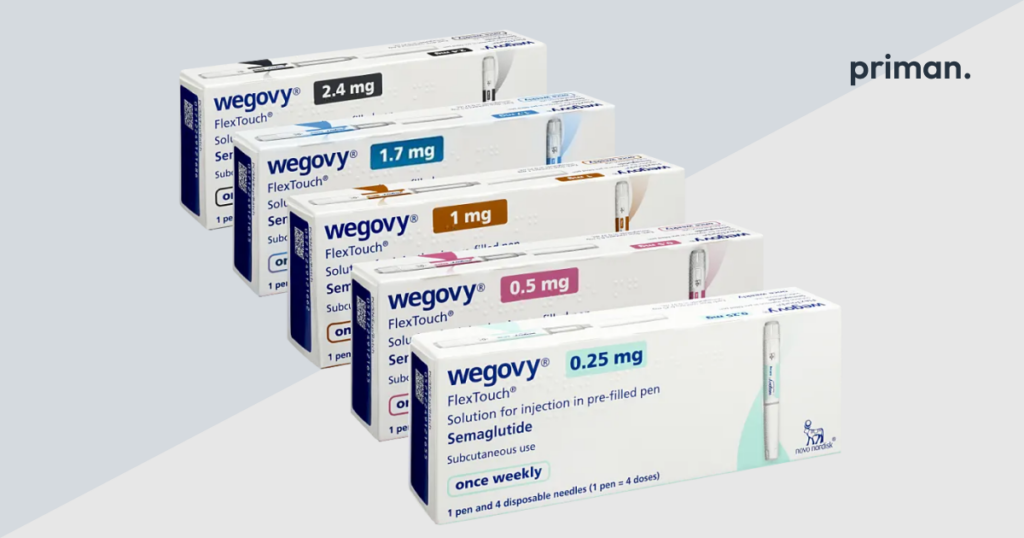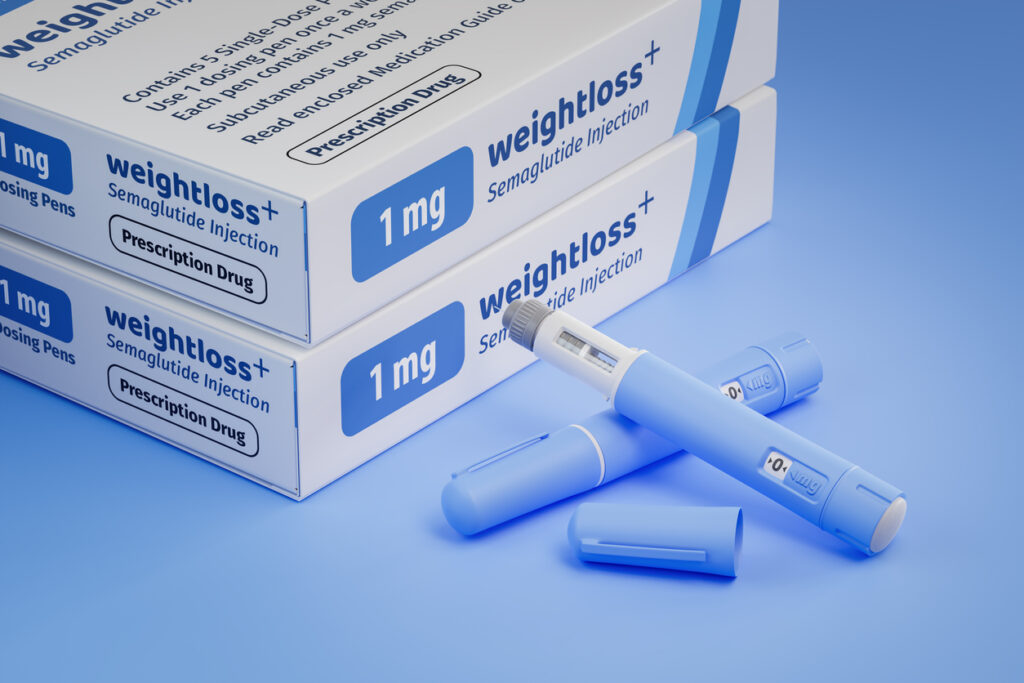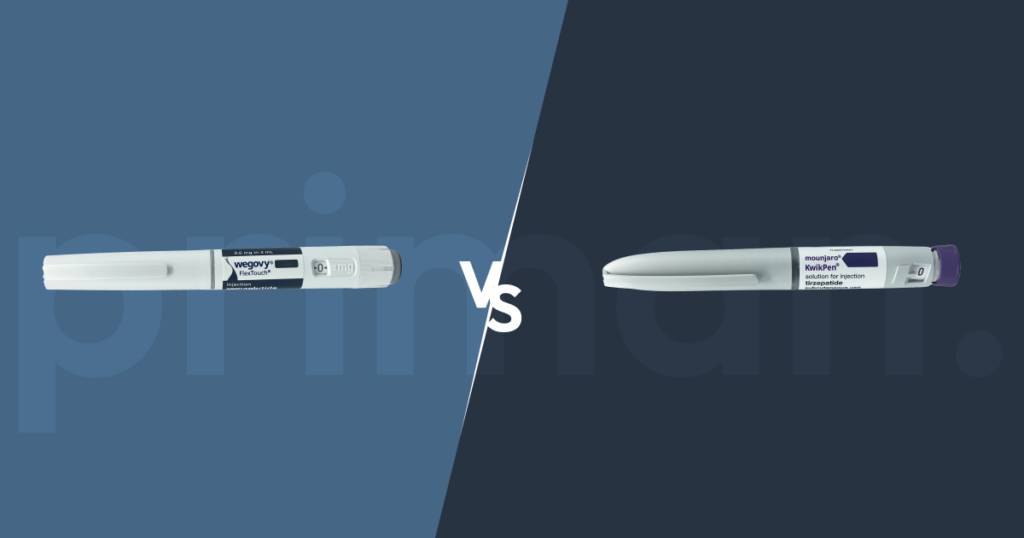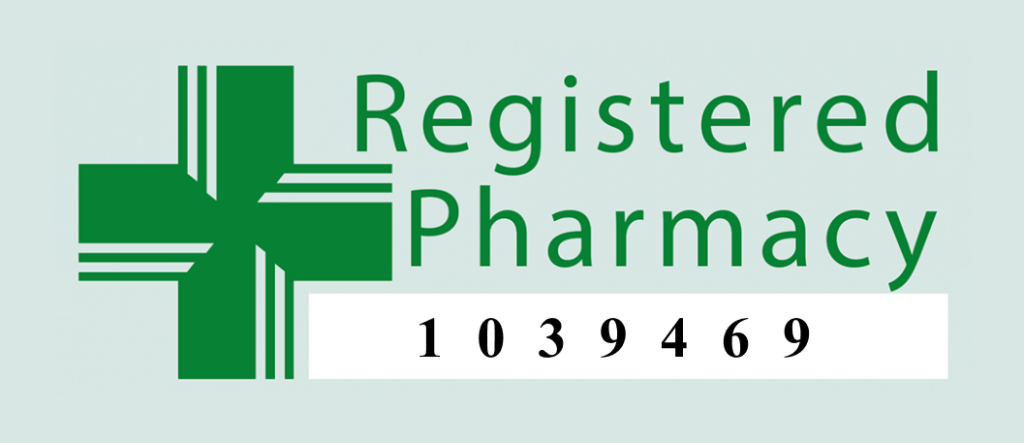Erectile dysfunction (ED), also known as impotence, is a prevalent condition affecting millions of men in the UK. It’s defined as the persistent inability to achieve or maintain an erection firm enough for satisfactory sexual intercourse. While occasional trouble getting or keeping an erection is normal, especially with stress, fatigue, or alcohol use, frequent occurrences can be a cause for concern.
Understanding when ED becomes a sign of a bigger issue empowers men to seek appropriate help. This blog explores the various situations when ED might occur and the importance of differentiating between temporary setbacks and potential underlying conditions.
Understanding Erections
An erection occurs when blood fills the spongy tissues in the penis, making it firm. This process is influenced by a complex interplay of physical and psychological factors. Nerves become stimulated during arousal, sending signals to relax the muscles around the blood vessels in the penis, allowing increased blood flow. This engorgement creates the erection.
Occasional Hiccups vs. Underlying Issues
It’s important to differentiate between occasional ED and a chronic condition;
Occasional difficulty achieving or maintaining an erection can happen due to various temporary factors like stress, tiredness, anxiety, performance pressure, or excessive alcohol consumption. These are usually nothing to worry about and often resolve on their own.
However, if ED becomes a frequent occurrence (more than half the time) or significantly impacts your sexual satisfaction and well-being, it’s essential to seek healthcare professional help. Early diagnosis and treatment can not only improve your sex life but also potentially identify underlying health conditions.
Cause of Erectile Dysfunction
Erectile dysfunction is a multifactorial condition arising from impairments in various physiological systems.
Here’s a breakdown of potential contributing factors:
- Psychogenic: Anxiety, depression, performance stress, relationship issues.
- Endocrine: Hypogonadism (low testosterone).
- Metabolic: Obesity, diabetes mellitus.
- Vascular: Atherosclerosis, peripheral vascular disease.
- Lifestyle: Tobacco use, excessive alcohol consumption.
- Neurologic: Neurogenic disorders (e.g., spinal cord injury, multiple sclerosis).
- Pelvic Trauma/Surgery: Radical prostatectomy, pelvic fracture.
- Iatrogenic: Medications (antidepressants, antihypertensives), illicit substances.
- Peyronie’s Disease: A plaque formation within the tunica albuginea causing penile curvature.
Erectile dysfunction (ED) a concern? Want to learn how obesity might be a factor? Check out this interesting blog, “The Connection: ED & Obesity.” It dives into the potential link between weight and erectile health, giving you valuable insights.
When to Seek Clinical Help
If ED occurs frequently, progressively worsens, or causes significant distress, it’s crucial to consult a healthcare professional. Early diagnosis and treatment of underlying conditions can significantly improve erectile function.
Here are some indicators that a visit to clinician is recommended:
- ED persists for more than a few weeks.
- It’s causing emotional distress or impacting your relationship.
- You’re experiencing other concerning symptoms, such as low libido, sudden decrease in testicle size, or difficulty urinating.

Diagnosis and Treatment of ED
Your healthcare professional will likely ask about your medical history, sexual habits, and lifestyle. A physical examination may be performed to check for any underlying physical causes. Depending on the suspected cause, further tests like blood tests or an ultrasound scan might be recommended.
Fortunately, there are various treatment options available for ED, depending on the underlying cause. Some common approaches include:
- Lifestyle modifications: Addressing factors like stress, quitting smoking, maintaining a healthy weight, and getting regular exercise can significantly improve erectile function.
- Oral medications: Medications like sildenafil (Viagra) or tadalafil (Cialis) help increase blood flow to the penis, facilitating erections.
- Hormone therapy: If low testosterone is identified, testosterone replacement therapy can be beneficial.
- Vacuum erection devices: These devices create a vacuum that draws blood into the penis, resulting in an erection.
- Counselling: Therapy can help address any psychological factors contributing to ED, for men experiencing stress, anxiety, or depression that’s contributing to ED, psychosexual counselling can be very helpful.
Key Takeaway
ED is a treatable condition. If you’re experiencing frequent erectile difficulties, talking to your doctor is the first step. Early diagnosis and treatment can improve your sexual health, prevent potential health complications, and boost your overall well-being. Don’t hesitate to seek healthcare professional help.
Reference List
- Erectile dysfunction (ED): Symptoms, causes, and treatment (2014) Healthline. Available at: https://www.healthline.com/health/erectile-dysfunction.
- Erectile dysfunction: Symptoms & types (no date) WebMD. Available at: https://www.webmd.com/erectile-dysfunction/guide-chapter-erectile-dysfunction-symptoms-risks.
- Erection problems explained (2023) Viagraconnect.co.uk. Available at: https://www.viagraconnect.co.uk/en-gb/erection-problems/erection-problems-explained.
- Kawasaki, N. et al. (2012) “Obesity-induced endoplasmic reticulum stress causes chronic inflammation in adipose tissue,” Scientific reports, 2(1). doi: 10.1038/srep00799.
- Liu, Y. et al. (2023) “Association of BMI with erectile dysfunction: A cross-sectional study of men from an andrology clinic,” Frontiers in endocrinology, 14. doi: 10.3389/fendo.2023.1135024.
- Mobley, D. and Baum, N. (2015) “The obesity epidemic and its impact on urologic care,” Reviews in urology, 17(3), pp. 165–170.
- Moon, K. H., Park, S. Y. and Kim, Y. W. (2019) “Obesity and erectile dysfunction: From bench to clinical implication,” The world journal of men’s health, 37(2), p. 138. doi: 10.5534/wjmh.180026.
- Wing, R. R. et al. (2010) “Effects of weight loss intervention on Erectile Function in older men with type 2 diabetes in the Look AHEAD trial,” The journal of sexual medicine, 7(1_Part_1), pp. 156–165. doi: 10.1111/j.1743-6109.2009.01458.x. – https://www.ncbi.nlm.nih.gov/pmc/articles/PMC6479091/.



